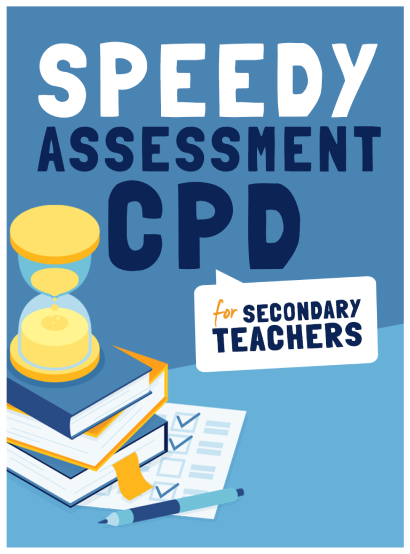High-Stakes Testing has Unquestionably Gone too Far

School accountability is important – but our current regime of high-stakes testing throughout a child’s education is in need of some attention, says Fiona Millar…

- by Fiona Millar

It is fair to say that the education policy world remains becalmed for the moment, certainly in contrast with previous years.
Brexit continues to devour political and civil service time and energy, with only occasional signs of life in the government and opposition’s domestic public service agenda.
One of these pulses of energy came from the Labour leader Jeremy Corbyn, whose speech announcing that Labour would abolish primary school SATs tests went down a storm at the recent National Education Union annual conference.
A review involving parents and teachers will report back later in the year, leading to proposals for a new form of primary assessment that would, according to the Labour Leader, relieve child mental health, make education more enjoyable and “allow teachers to teach”.
Shortly after this announcement the small but effective parent campaign More than a Score, which campaigns for an end to high-stakes testing, led a march of four-year-olds on Westminster.
Their petition, objecting to new baseline tests in reception classes, and signed by over 60,000 people, added to the impression that the current form of primary accountability may have had its day.
Negative impact
Now, that image of a bunch of marching four-year-olds may be enough to make the average secondary teacher quickly turn the page, especially if they are not parents of young children. But that would be a mistake.
Tests for four-year-olds mark the start of an arduous journey through the education system that affects all children and the adults who work with them.
At this point I should say that I am generally a supporter of school accountability, dating back to the time when my own children were at a very poor primary school which was one of the first to be inspected by Ofsted and performed shockingly badly in the first ever primary school tests.
Fewer than 40% of children achieved an acceptable level in maths, something that may seem unthinkable today but was a powerful incentive to improve back then.
Nevertheless, the impact of testing, exams and performance tables has unquestionably gone too far.
The competitive environment in which they exist means they are the cause of unethical behaviour, such as teaching exclusively to the test, gaming the curriculum, off rolling pupils, and sometimes unmanageable pressure on teachers and young people.
We don’t really know to what extent high stakes assessment of a child at four or seven may subconsciously affect or limit expectations of what they can achieve at 11, setting in train feelings of failure as well as success throughout their school lives.
The bigger picture
This has as much of an impact on secondary as primary teachers. Flaws in the now dominant Progress 8 measure are slowly coming to light; it too can be gamed, and appears to advantage schools with children from particular social and ethnic backgrounds.
It is also based on the primary tests, which many secondary school teachers believe are poor predictors of a Year 7 child’s capabilities.
So if primary accountability were to be reformed, any value added measure at secondary school would need careful attention too.
My hunch is that abolishing KS2 SATS may be a crowd pleaser but won’t change very much on its own. SATs are just one cog in a much bigger and more complex structure, which determines how teachers and pupils experience education.
Making teaching and learning less stressful and more fun would require a far more ambitious look at the complex interaction between assessment, accountability, curriculum and qualifications from the early years to sixth form.
It would need us, collectively, to ask, ‘What is education really for?’ That really would be big political news… but I am not holding my breath.
Fiona Millar is a columnist for The Guardian and a co-founder of the Local Schools Network; for more information, visit fionamillar.com or follow @schooltruth.











